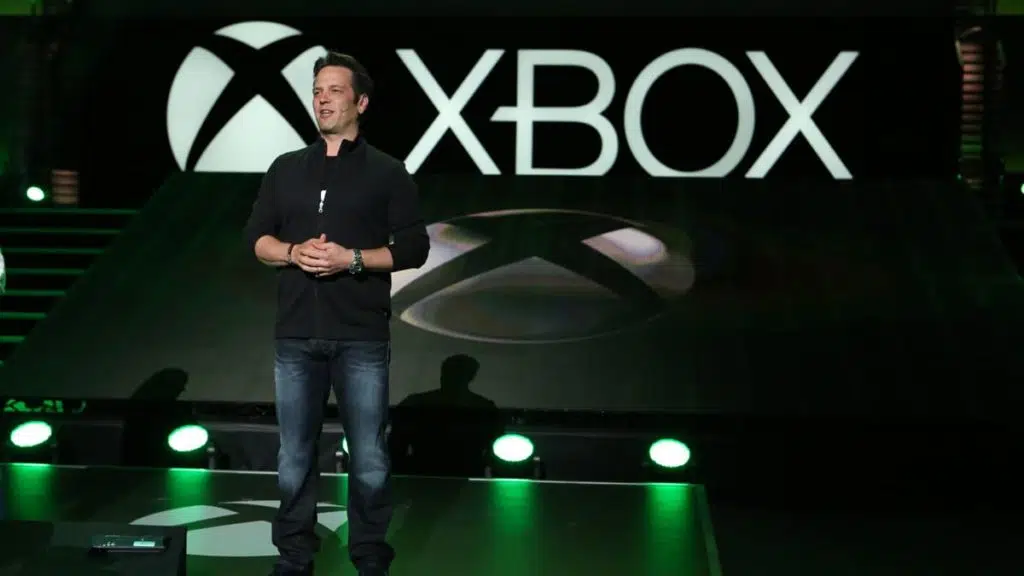
The talk of NFTs in gaming has been increasing. Earlier this month, Ubisoft invested in a blockchain gaming company and announced it would integrate blockchain into future games for monetization. EA has also said that NFTs and play-to-earn games are the future of the industry. Now, Xbox head Phil Spencer has given his thoughts, sharing that he’s not wholly against them but doesn’t feel the present experimentation is truly focused on entertainment.
What I’d say today on NFT, all up, is I think there’s a lot of speculation and experimentation that’s happening, and that some of the creative that I see today feels more exploitive than about entertainment,
But he doesn’t believe that it’s all exploitive, and many people are just trying to figure it all out. Similar sentiments have been shared by EA CEO Andrew Wilson. When asked about games with NFTs on the Microsoft store, Spencer said if Microsoft feels something is exploitive, it would take action.
I don’t think it necessitates that every NFT game is exploitive. I just think we’re kind of in that journey of people figuring it out. And I can understand that early on you see a lot of things that probably are not things you want to have in your store. I think anything that we looked at in our storefront that we said is exploitive would be something that we would, you know, take action on. We don’t want that kind of content.
Steam has announced that it would ban games with cryptocurrency or NFTs, while Epic has decided to allow them. Microsoft has not decided how it is going to handle this but is examining its options.
Sources: Axios (via VGC), International Business Times (via GameInformer)
